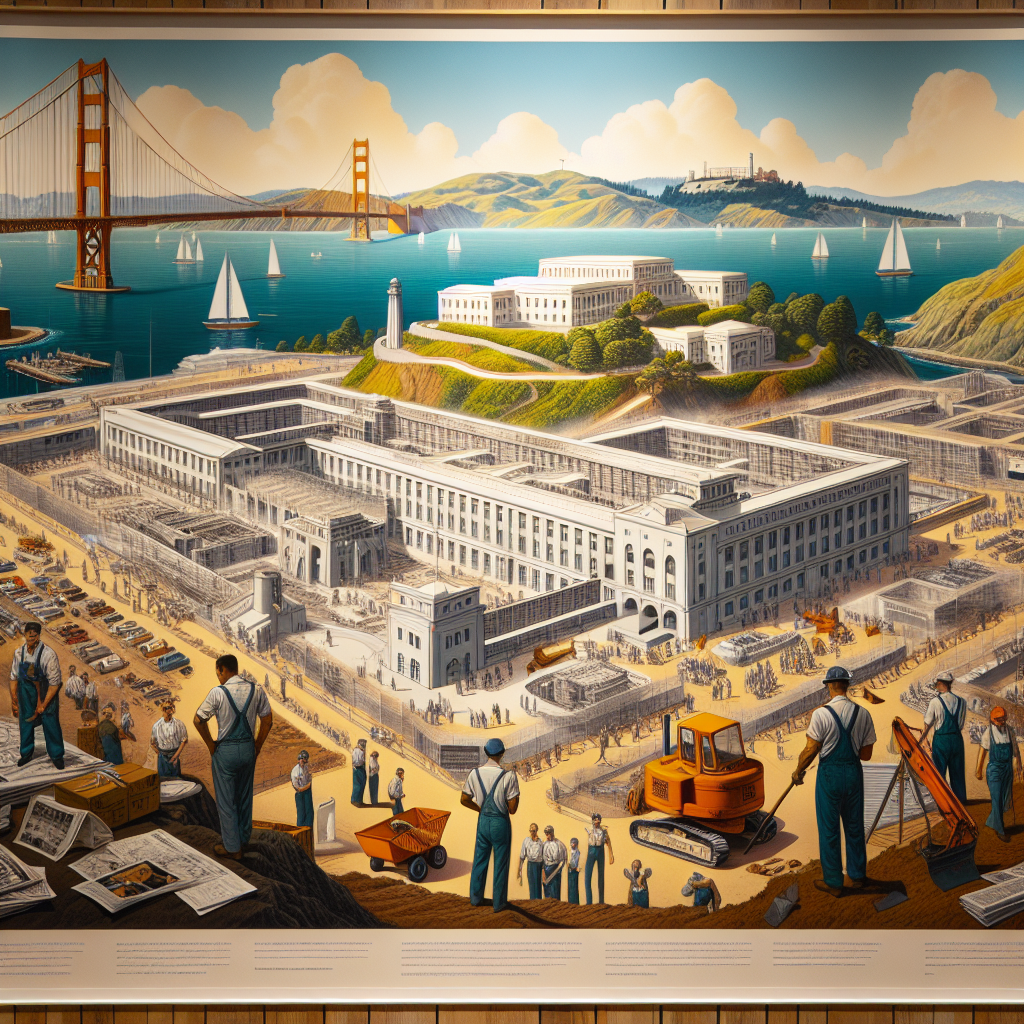The History of Alcatraz and Its Significance in American Culture
Alcatraz Island, located in the San Francisco Bay, is perhaps best known for its infamous federal prison that operated from 1934 to 1963. The island has a rich history dating back to the 19th century when it served as a military fortification and later as a military prison. However, it was the establishment of the federal penitentiary that solidified Alcatraz’s place in American culture as the “inescapable” prison that housed some of the country’s most notorious criminals.
The decision to close Alcatraz as a prison in 1963 was met with mixed reactions. Some saw it as a necessary step towards prison reform, while others lamented the loss of such a historic institution. Over the years, Alcatraz has become a popular tourist destination, attracting visitors from around the world who are eager to learn about its storied past.
Recently, there has been talk of reopening Alcatraz as a federal prison under the Trump administration. The plan has sparked controversy, with critics arguing that it would be a step backwards in terms of criminal justice reform. Proponents, on the other hand, believe that Alcatraz’s reputation as a high-security facility could serve as a deterrent to would-be criminals.
If Alcatraz were to reopen as a prison, it would undoubtedly reignite debates about the effectiveness of incarceration as a means of rehabilitation. The island’s isolated location and harsh conditions would raise questions about the treatment of inmates and the potential for abuse. Additionally, the cost of operating a prison on Alcatraz would likely be exorbitant, leading to concerns about the allocation of resources in the criminal justice system.
Despite these challenges, the idea of reopening Alcatraz as a prison raises important questions about the role of punishment in society. Isolation and confinement have long been used as tools of punishment, but do they truly serve to rehabilitate offenders and reduce recidivism? The debate over the future of Alcatraz highlights the need for a more nuanced approach to criminal justice that takes into account the complexities of human behavior and the root causes of crime.
Trump stated that “The reopening of Alcatraz will serve as a symbol of Law, Order, and Justice.”
In conclusion, Alcatraz’s history as a federal prison is a reminder of the complexities of the criminal justice system and the ongoing debate over the best ways to address crime and punishment. Whether or not the island will be reopened as a prison remains to be seen, but the discussions surrounding this possibility serve as a reflection of our society’s values and priorities when it comes to justice and rehabilitation.


